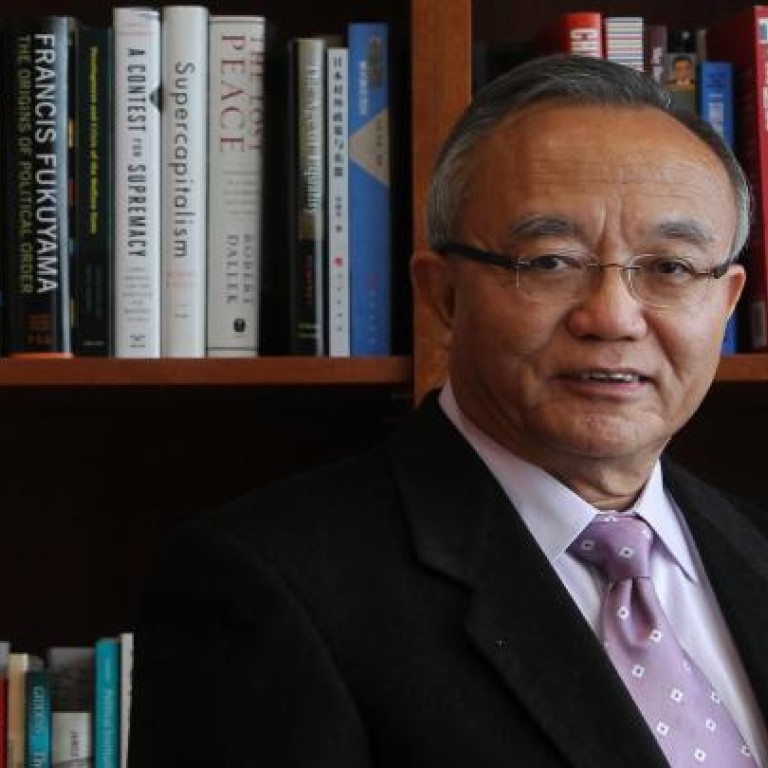
Former adviser critical of Tsang
Lau Siu-kai's recently published book outlines the failings of the former chief executive
It may be the final nail in the coffin for Donald Tsang Yam-kuen's tainted reputation, and it is particularly ironic that the man who holds the hammer is his former top adviser.
Professor Lau Siu-kai's new book, , aims to analyse the performance of the Hong Kong government and the difficulties it faced over the past 15 years. But it can be read as an indictment of the former chief executive's seven-year reign.
Lau, now an emeritus professor of sociology at Chinese University, writes that when Tsang filled the shoes of Tung Chee-hwa in the wake of the former shipping tycoon's resignation as chief executive in 2005, many Hong Kong people felt Tsang had developed some of the negative traits of ordinary Hongkongers, such as being frivolous, dishonest and opportunistic, as well as having a penchant for enjoying fringe benefits.
"They [Hongkongers] had a certain degree of expectation of Tsang because they were extremely dissatisfied with Tung's performance," writes Lau, whose book was published last month.
But Lau, who stepped down in June after a decade as chief of the Central Policy Unit, the government's main think tank, notes that the perception of Tsang by the people of Hong Kong turned negative in the wake of the controversy over the appointment of undersecretaries and political assistants in 2008.
The professor goes on to detail other incidents which dealt a blow to the civil servant-turned-leader's popularity, including Tsang's ill-fated "Act Now" campaign to hard-sell his proposal for the 2012 elections; his televised debate with the then Civic Party leader Audrey Eu Yuet-mee on political reform in June 2010; and the controversial decision to offer HK$6,000 to each permanent Hong Kong resident in the wake of the public opposition to last year's budget.
Last but not least, Tsang's receipt of favours from tycoons and his use of plush hotel suites on official trips also made the list compiled by Lau in his book.
Lau's list reads as if it was an article written by a pan-democrat rather than one of Tsang's closest advisers.
Lau attributes those blunders to making decisions in a rash manner or without thorough deliberation. He also said Tsang counted on political spin-doctoring to polish his personal image.
Yet all that couldn't help scandal-plagued Tsang arrest the decline in his popularity. According to tracking surveys conducted by the University of Hong Kong's public opinion programme, Tsang enjoyed a support rating of 72.3 out of a possible 100 in June 2005, but that plunged to just 40.1 at the end of June this year.
Whether Tsang will be chosen as a vice-chairman of the Chinese People's Political Consultative Conference next March has emerged as a major talking point within political circles. But according to several mainland researchers who have been visiting the SAR regularly to meet Hong Kong people from various sectors, it should not be taken for granted that retired chief executives of Macau and Hong Kong will be given vice-chairmanships in the nation's top advisory body.
Coupled with the scandals that hit Tsang in his last few months in office, it may be difficult for the central government to justify elevating him to a CPPCC vice-chairman.

